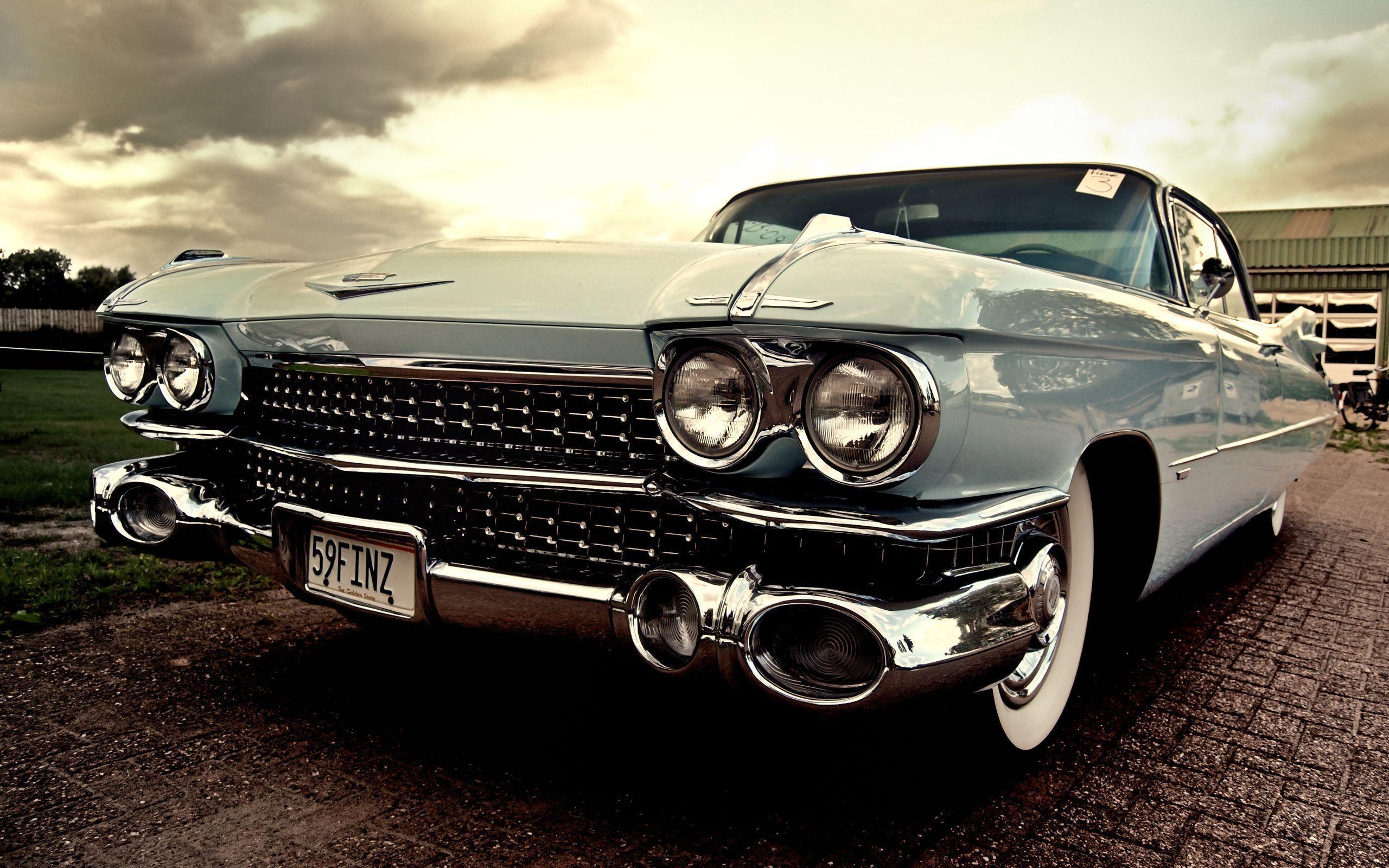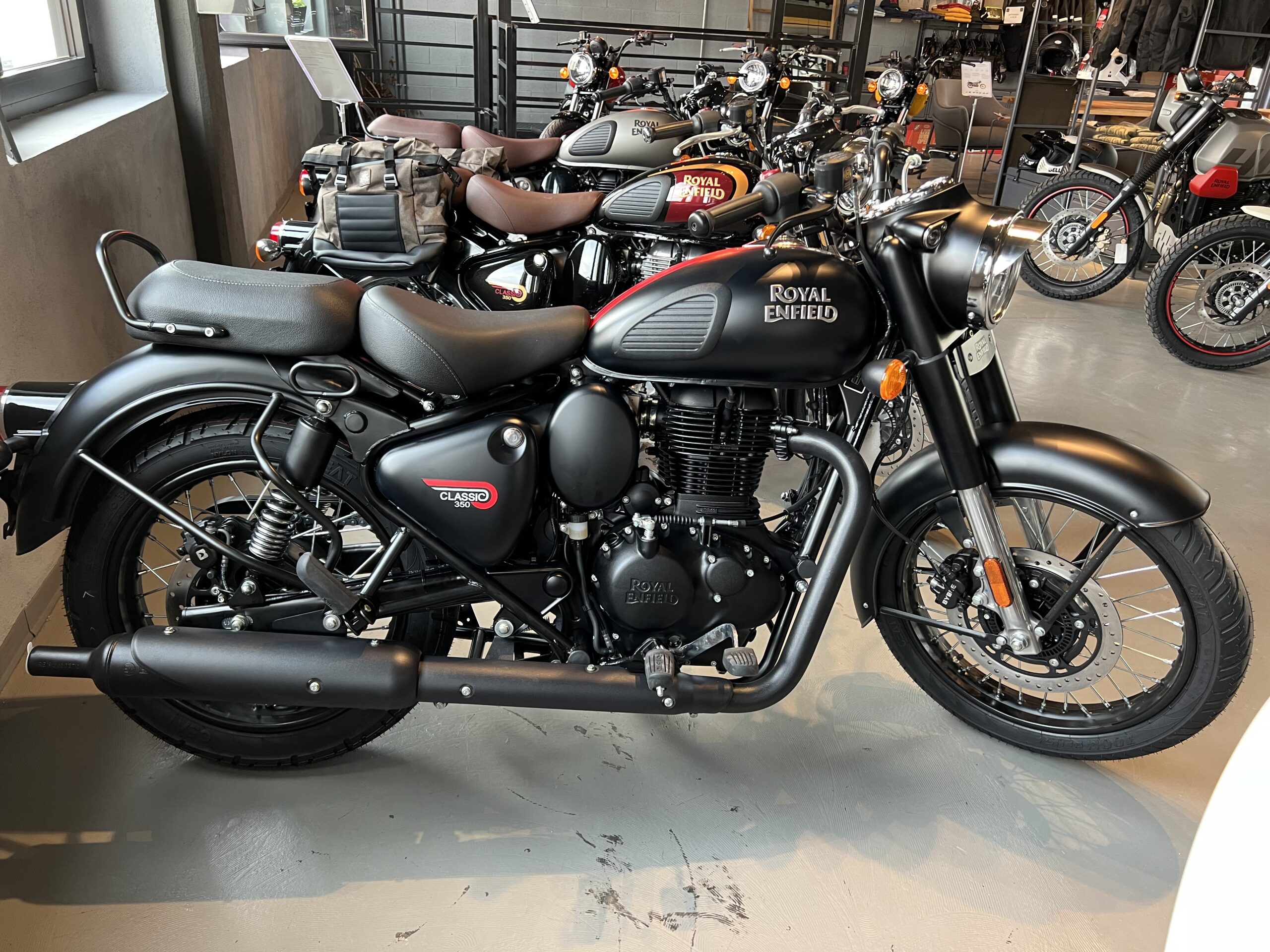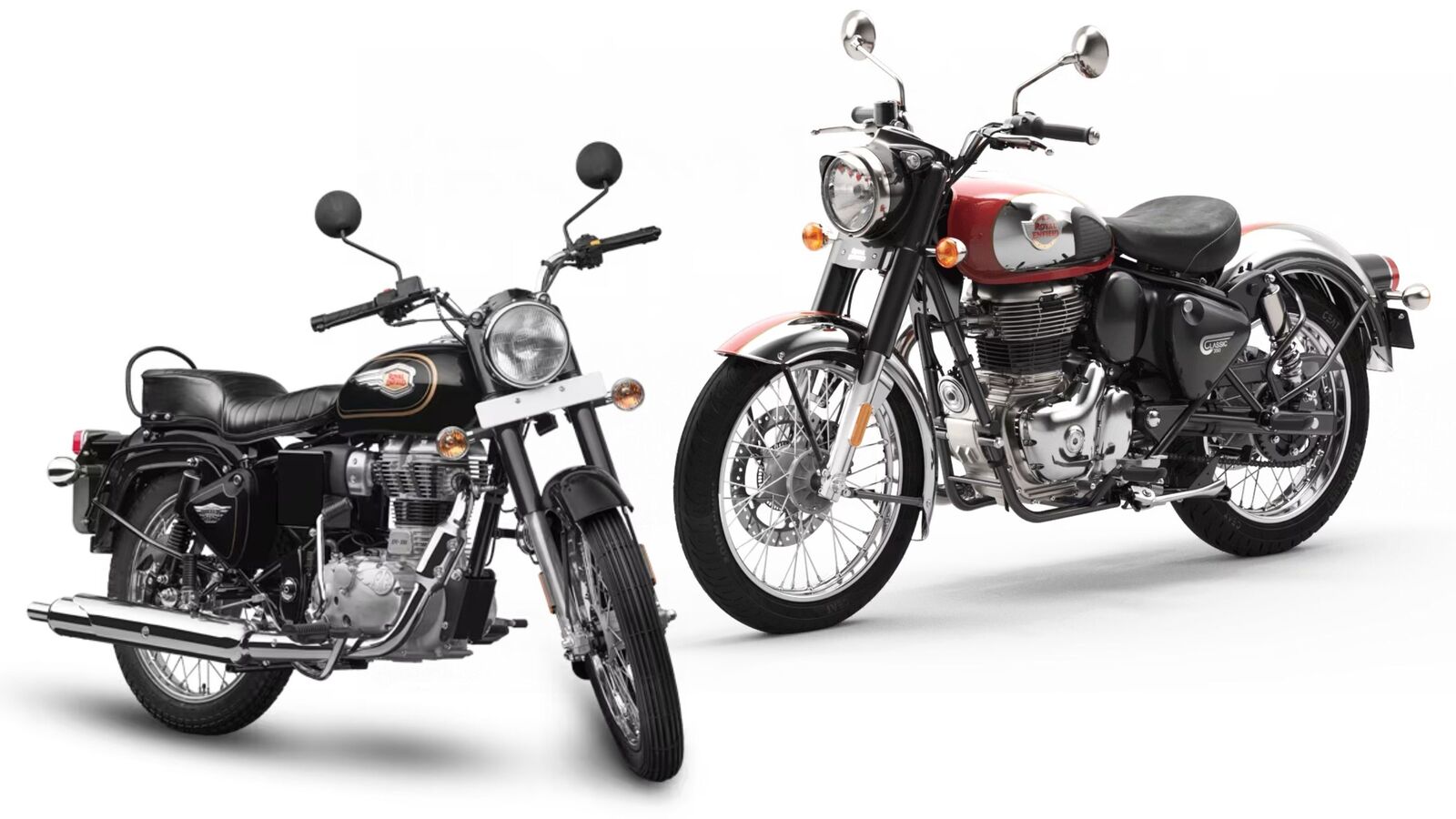Classic Trucks For Sale By Owner: Your Ultimate Guide to Finding Your Dream Ride pickup.truckstrend.com
The rumble of a big V8, the unmistakable lines of steel shaped decades ago, the scent of vintage upholstery – for many, owning a classic truck isn’t just about transportation; it’s about owning a piece of history, a symbol of rugged individualism, and a testament to enduring design. While dealerships and specialized brokers offer meticulously restored examples, a significant portion of the classic truck market thrives on private sales. "Classic Trucks For Sale By Owner" represents a unique opportunity for enthusiasts to connect directly with current custodians, often unearthing hidden gems, securing better deals, and gaining invaluable insights into a vehicle’s past.
This comprehensive guide will navigate the exciting, yet sometimes challenging, world of purchasing a classic truck directly from its owner. From unearthing potential candidates to sealing the deal, we’ll equip you with the knowledge and practical advice needed to drive away in your dream vintage hauler.
Classic Trucks For Sale By Owner: Your Ultimate Guide to Finding Your Dream Ride
Why Buy Classic Trucks For Sale By Owner? The Undeniable Advantages
Opting for a private sale often presents a compelling set of benefits that can enhance your classic truck buying experience:
- Potential for Better Value: Without a dealer’s overhead and profit margins, private sellers are often more flexible on price, potentially allowing you to acquire a truck for less than you would at a dealership or auction.
- Direct Access to History: The owner is the primary source of information. They can share detailed stories, maintenance records, quirks, and the truck’s unique provenance that a dealer might not know or disclose. This personal connection can be invaluable.
- Authenticity and Transparency: Private sales can offer a more honest portrayal of the truck’s condition, including any known issues. An owner deeply invested in their vehicle is often more transparent than a salesperson.
- Unique Finds: Many truly unique or unmolested classic trucks never make it to a dealer lot. They are often passed down through families, discovered in barns, or sold within enthusiast communities.
- Negotiation Flexibility: You’re dealing directly with the decision-maker, which can lead to more straightforward and personalized negotiation.

Where to Find Your Next Classic Truck: Unearthing Private Sales
The hunt for a classic truck for sale by owner requires casting a wide net. Here are the most effective avenues:
Online Marketplaces and Classifieds
- Dedicated Classic Car/Truck Sites: Websites like Hemmings Motor News, ClassicCars.com, Bring a Trailer (though many are dealer/broker listings, private sales do appear), and OldTrucks.com are prime hunting grounds.
- General Classifieds: Craigslist, Facebook Marketplace, and eBay Motors are goldmines for private sellers. Be prepared to sift through many listings, but the gems are often found here.
- Forums and Enthusiast Websites: Many make- and model-specific forums (e.g., Ford-Trucks.com, ChevyTalk.org) have "For Sale" sections where members list their vehicles. These communities are often passionate and highly knowledgeable.

Social Media Groups

- Facebook Groups: Search for groups dedicated to specific classic truck models (e.g., "1967-72 C10 Trucks," "Vintage Ford F-Series") or general classic truck buy/sell groups. These are often highly active and can lead to direct connections.
Local & Traditional Methods
- Local Classifieds/Newspapers: While less common now, some older sellers still prefer traditional methods.
- Car Shows and Swap Meets: Attending local and regional classic car and truck shows is an excellent way to see vehicles in person and network. Many "For Sale" signs appear, or you can strike up conversations with owners who might be considering selling.
- Word-of-Mouth: Let friends, family, and local mechanics know you’re looking. The classic car community is tight-knit, and leads often come from unexpected places.
- Driving Around: Sometimes, the best finds are sitting in someone’s driveway with a "For Sale" sign. Keep your eyes peeled!
The Pre-Purchase Due Diligence Checklist: Your Blueprint for Success
Once you’ve identified a potential candidate, a thorough due diligence process is critical. This is where you protect your investment and avoid costly mistakes.
Initial Contact and Information Gathering
- Ask Detailed Questions: Before even seeing the truck, inquire about its history, mileage (if known), last major maintenance, known issues, rust spots, modifications, and why the owner is selling.
- Request Photos and Videos: Ask for high-resolution images of all angles, including undercarriage, engine bay, interior, and specific areas of concern (e.g., rust spots). A video walk-around can be very helpful.
- Verify Ownership: Confirm the seller is the legal owner and has a clear title in their name.
The In-Person Inspection: Don’t Rush It!
This is arguably the most crucial step. Bring a friend, or better yet, a trusted mechanic specializing in classic vehicles.
-
Exterior Examination:
- Rust is King: Check for rust everywhere: rocker panels, cab corners, fender wells, bed floor, frame rails, floorboards, firewall, door bottoms, and around windows. Surface rust is one thing; structural rust is a deal-breaker. Bring a small magnet to check for bondo over rust.
- Panel Alignment: Look for uneven gaps or misaligned panels, which can indicate previous accidents or poor bodywork.
- Paint Quality: Inspect for overspray, bubbling, cracking, or inconsistent finishes.
- Glass and Trim: Check for cracks, chips, and the condition of chrome or stainless trim.
-
Interior Assessment:
- Upholstery and Dash: Look for rips, tears, cracks, and overall wear.
- Gauges and Controls: Test all lights, wipers, horn, radio, and HVAC controls.
- Odor: A musty smell can indicate water leaks or mold.
- Floorboards: Lift mats to check for rust or patches.
-
Engine Bay and Mechanicals:
- Fluids: Check oil, coolant, brake fluid levels and condition. Look for leaks.
- Hoses and Belts: Inspect for cracks, wear, or looseness.
- Wiring: Look for frayed, exposed, or non-original wiring.
- Engine Start: Listen for unusual noises (knocks, rattles, misfires). Observe exhaust smoke color (blue for oil, white for coolant, black for rich fuel).
- Under the Truck: Inspect the frame for cracks, bends, or severe rust. Check suspension components, steering linkage, exhaust system, and transmission for leaks.
The Test Drive: Feel the Road
- Cold Start: Insist on seeing the truck start from cold to assess any cold-start issues.
- Driving Dynamics: Listen for noises from the engine, transmission, differential, and suspension.
- Brakes: Test braking performance, ensuring it stops straight without pulling.
- Steering: Check for excessive play, wandering, or stiffness.
- Transmission: For automatics, check for smooth shifts. For manuals, ensure the clutch engages smoothly and gears don’t grind.
- Highway Speeds: If possible, test at various speeds to check for vibrations or stability issues.
Documentation Review
- Ensure the title is clear (not salvaged or rebuilt), matches the VIN on the truck, and is in the seller’s name. Check for any liens.
- VIN Verification: Compare the VIN on the title to the VIN plate on the truck (usually on the door jamb or dash).
- Maintenance Records: Any records, receipts for parts, or service history add significant value and credibility.
- Bill of Sale: Prepare a comprehensive bill of sale that includes the buyer’s and seller’s names, address, sale price, date, vehicle description (make, model, year, VIN), and a statement that the vehicle is sold "as-is."
Understanding Classic Truck Categories and Condition
Classic trucks come in a spectrum of conditions, and understanding these categories will help set realistic expectations and budget:
- Project Truck: Requires significant work (body, paint, engine, interior, frame). Cheapest to buy, but potentially most expensive to restore. Ideal for DIY enthusiasts.
- Daily Driver Quality: Functional, runs and drives, but has visible flaws (minor rust, faded paint, worn interior). Can be enjoyed immediately and improved over time.
- Nicely Restored/Driver Quality Plus: Has undergone some restoration, looks good, and runs reliably. Might have minor imperfections but is ready for cruising.
- Show Quality/Concours: Meticulously restored to original or better-than-new condition. Commands premium prices. Often too pristine for regular driving.
- Original Survivor: A rare gem that retains its factory paint, interior, and drivetrain with minimal restoration. Highly sought after, especially if well-preserved.
Negotiating the Deal: Mastering the Art of the Purchase
Negotiating a private sale requires tact and preparation.
- Research Market Value: Use online resources (Hagerty Valuation Tool, NADAguides, recent auction results for similar trucks) to understand the truck’s fair market value based on its condition.
- Set Your Budget: Know your maximum price and stick to it. Factor in potential post-purchase costs (transport, initial maintenance, insurance, registration).
- Highlight Issues: During negotiation, politely point out any flaws or issues you discovered during inspection. Use these as leverage for a lower price.
- Be Respectful, Yet Firm: Avoid low-balling, but don’t be afraid to make a reasonable offer below the asking price.
- Be Prepared to Walk Away: If the seller isn’t budging on an unreasonable price or if new issues arise, be ready to end the negotiation. There will always be other trucks.
- Cash is King: Having cash in hand can give you a strong negotiating advantage.
Legalities and Paperwork: Sealing the Deal Legally
The transfer of ownership is a critical step that varies slightly by state but generally includes:
- Bill of Sale: A legally binding document detailing the transaction. Include "as-is" clause to protect the seller, and ensure it’s signed by both parties.
- Title Transfer: The seller must sign over the vehicle’s title to you. Verify all information on the title is correct. Some states require notarization.
- Registration and Plates: Take the signed title and bill of sale to your local DMV or equivalent. You’ll pay sales tax, registration fees, and obtain new license plates.
- Insurance: Secure insurance for the classic truck before driving it home. Many insurers offer specialized classic car insurance policies.
Common Pitfalls and How to Avoid Them
Buying privately can be rewarding, but it comes with risks.
- Hidden Rust: The most common and costly issue. Be meticulous in your inspection, especially in common rust areas.
- Misrepresented Condition: Photos can be deceiving. Always inspect in person or have a trusted third party do so.
- Title Issues: A "salvage," "rebuilt," or "junk" title significantly reduces value and can complicate registration. Ensure the title is clear and matches the VIN.
- Mechanical Gremlins: A quick test drive isn’t enough. A pre-purchase inspection by a professional mechanic is worth every penny.
- Scams: Be wary of deals that seem too good to be true, sellers unwilling to meet in person, or requests for wire transfers before seeing the vehicle.
- Unrealistic Expectations: A classic truck, even a restored one, will likely require more maintenance and attention than a modern vehicle. Be prepared for the commitment.
Post-Purchase Considerations: Your Journey Begins
Congratulations, you’ve bought your classic truck! Now, for the next steps:
- Transportation: If the truck isn’t roadworthy, arrange for professional transport. Even if it runs, consider trailering it home if it’s been sitting for a while.
- Initial Maintenance: Even if the seller claims recent service, change all fluids (oil, transmission, differential, coolant, brake fluid), filters, and spark plugs. Inspect the brakes and tires thoroughly.
- Parts Sourcing: Join online forums and social media groups for your specific truck model. These communities are invaluable for finding parts, advice, and reputable suppliers.
- Community Involvement: Attend local car shows, join classic truck clubs. It’s a great way to learn more about your vehicle and connect with fellow enthusiasts.
Classic Truck Price Guide (For Sale By Owner – Illustrative Estimates)
It is crucial to understand that prices for classic trucks vary enormously based on make, model, year, originality, condition, geographic location, and current market demand. The table below provides illustrative ranges for common classic truck models when sold by owner, categorized by general condition. These are estimates and should be used as a starting point for your own research.
| Condition Category | Example Models (Illustrative) | Typical Price Range (By Owner – USD) | Key Factors Influencing Price (Beyond Condition) |
|---|---|---|---|
| Project Truck | Ford F-100 (60s-70s), Chevy C10 (60s-70s), Dodge D-Series | $3,000 – $10,000 | Extent of rust/body damage, completeness, presence of original drivetrain, title status. |
| Daily Driver | Ford F-150 (70s-80s), Chevy C/K (70s-80s), GMC Squarebody | $10,000 – $25,000 | Running condition, minimal rust, functional interior, minor cosmetic flaws. |
| Nicely Restored | Ford F-100/F-150 (50s-70s), Chevy C10/C/K (50s-70s), Dodge Power Wagon | $25,000 – $50,000 | Quality of paint/bodywork, restored interior, rebuilt drivetrain, desirable options. |
| Show Quality | Early Ford F-Series (40s-50s), Chevy Advance Design (40s-50s), Rare/Low Production Models | $50,000 – $150,000+ | Meticulous restoration, originality, rare trim/engine, provenance, awards won. |
Disclaimer: These prices are highly generalized and for illustrative purposes only. A truly pristine "Project Truck" could command more, and a "Show Quality" truck with a unique history or extreme rarity could fetch significantly more than the high end listed. Always conduct thorough research on specific models and conditions before making an offer.
Frequently Asked Questions (FAQ) About Classic Trucks For Sale By Owner
Q1: How old does a truck have to be to be considered "classic"?
A1: Definitions vary. Generally, a vehicle is considered "classic" if it’s 20-25 years old or older. Some states have specific age requirements for "historic" or "antique" vehicle registration (e.g., 30 years). For insurance purposes, it’s often a vehicle that is collectable, appreciating in value, and not used for daily commuting.
Q2: Is it safer to buy from a dealer than an owner?
A2: Not necessarily "safer," but different. Dealers might offer warranties (rare for classics) and often have pre-inspected vehicles. However, they also have higher prices and may not have the detailed history an owner can provide. Private sales require more personal due diligence but offer potential for better value and transparency.
Q3: What’s the most important thing to check for on a classic truck?
A3: Rust. Rust can hide, spread, and be incredibly expensive to repair, often requiring extensive bodywork or frame replacement. Always prioritize a thorough rust inspection.
Q4: Can I get a pre-purchase inspection (PPI) for a classic truck?
A4: Absolutely, and it’s highly recommended! Find a reputable independent mechanic or classic vehicle specialist in the area where the truck is located. This unbiased assessment can save you from costly surprises.
Q5: How do I know if the price is fair?
A5: Research, research, research. Use online valuation tools (Hagerty, NADAguides), browse completed sales on auction sites (eBay, Bring a Trailer), and compare similar trucks for sale on various platforms. Factor in condition, originality, mileage (if known), and rarity.
Q6: What if the truck doesn’t have a title?
A6: This is a major red flag. While some states have processes for obtaining a new title for abandoned or very old vehicles, it can be a lengthy, expensive, and uncertain process. Unless you’re an expert in title recovery, it’s generally best to avoid trucks without clear titles.
Q7: Should I buy a restored truck or a project truck?
A7: It depends on your budget, skills, and time. A restored truck is typically more expensive upfront but ready to enjoy. A project truck is cheaper to buy but can quickly become far more expensive in restoration costs, requiring significant mechanical and bodywork skills, or the funds to pay professionals.
Conclusion: The Rewarding Journey of Classic Truck Ownership
Buying a classic truck for sale by owner is more than just a transaction; it’s an immersive experience that connects you directly to the history and passion behind these timeless machines. While it demands careful research, diligent inspection, and shrewd negotiation, the rewards are immeasurable. You’ll gain a deeper understanding of your vehicle, potentially save money, and join a vibrant community of enthusiasts who share your appreciation for the enduring legacy of classic American trucks. With the right approach and a little patience, you can confidently navigate the private market and drive home in the vintage hauler you’ve always dreamed of. Your classic truck adventure awaits!



